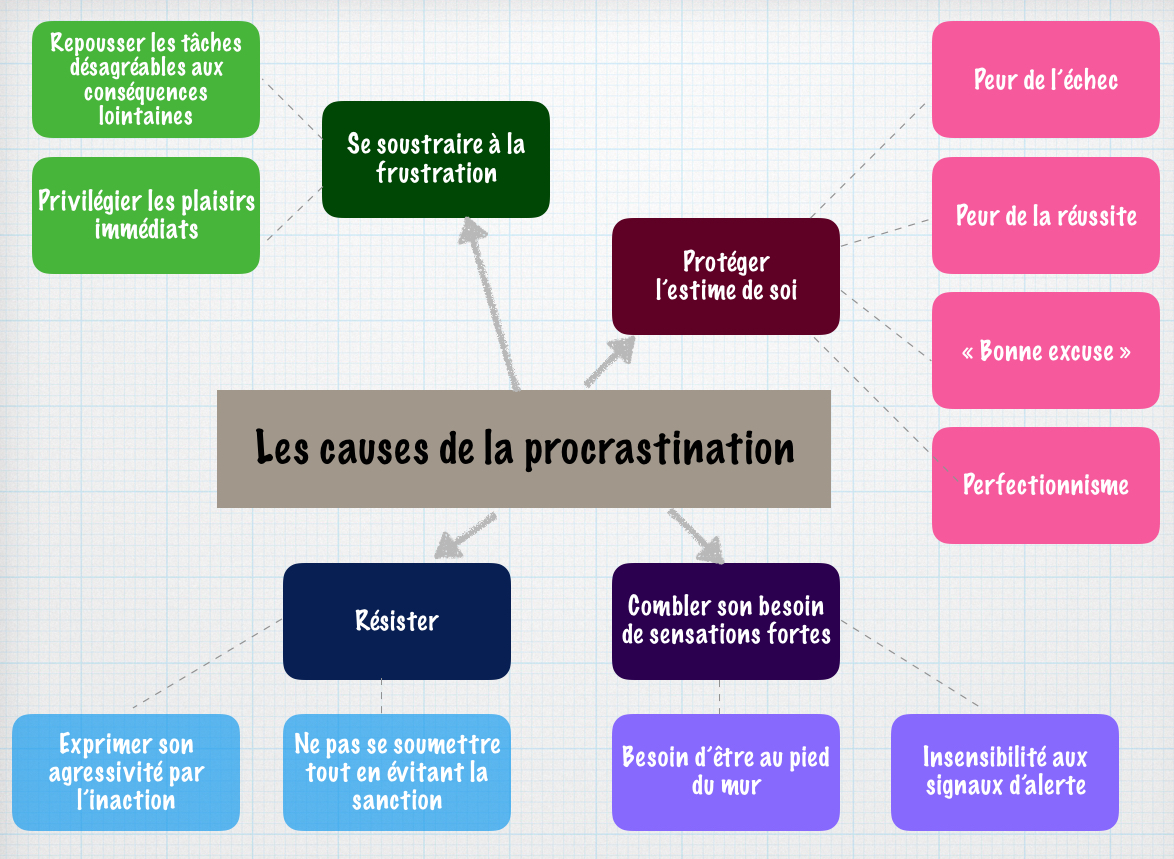Throughout our routines, we often encounter psychological obstacles that affect our well-being and success. Among the como vencer a procrastinação most common issues are procrastination, emotional dependency, and impostor syndrome. These problems not only disrupt personal and professional life, but understanding them is the first step to overcoming them.
In this article, we’ll explore what these issues are, how they develop, and practical ways to address them. By gaining this knowledge, you can enhance your mental clarity and live a more fulfilling life.
What is Procrastination?
Procrastination is the tendency to postpone tasks or decisions that require immediate attention. It is commonly caused by fear of failure, perfectionism, or lack of motivation.

Studies reveal that procrastination stems from how our minds prioritize instant gratification over long-term benefits. People often procrastinate when they feel unmotivated or overwhelmed. Recognizing these triggers is essential to addressing the issue effectively.
How Emotional Dependency Affects Relationships
Emotional dependency is characterized by a deep reliance on external relationships for a sense of security and happiness. While building relationships is fundamental, excessive emotional dependency leads to imbalance and stress.
People with emotional dependency often feel insecure without constant reassurance. It is usually linked to early attachment patterns, such as a fear of abandonment or low self-esteem. Building self-awareness and working on personal growth can help foster healthier, more independent relationships.
The Effects of Impostor Syndrome on Self-Confidence
Impostor syndrome refers to the internalized fear of being exposed as a fraud. Despite achieving success, individuals with impostor syndrome doubt their own abilities.

This mindset can lead to chronic stress, low self-confidence, and missed opportunities. Research suggests that addressing impostor syndrome requires acknowledging accomplishments, reframing negative thoughts, and seeking constructive feedback.
Practical Tips for Personal Growth
To combat these challenges, consider implementing the following strategies:
- For procrastination: Break tasks into smaller steps and practice time management strategies such as the Pomodoro Technique.
- For emotional dependency: Develop self-reliance through activities like self-reflection and personal growth exercises.
- For impostor syndrome: Document your successes and remind yourself of past accomplishments regularly.
Consistency is vital—practice these techniques daily to achieve sustainable results.
Breaking Free from Mental Barriers
Procrastination, emotional dependency, and impostor syndrome can be overcome with dedication and the right tools. By understanding their causes and applying effective strategies, you can achieve significant personal growth.
Start small—pick a single habit to focus on and commit to making gradual progress. You’ll notice meaningful changes in how you approach challenges and opportunities.